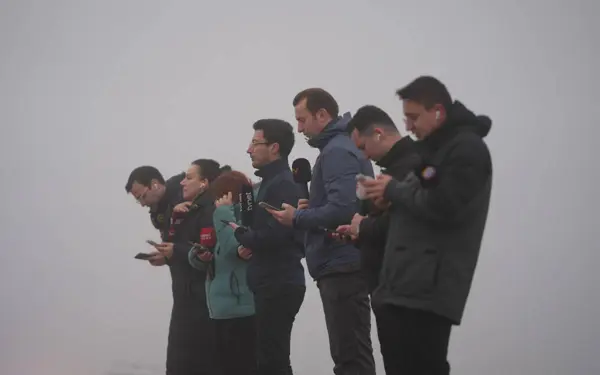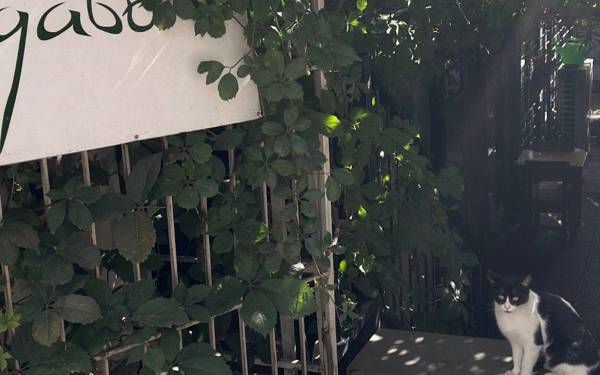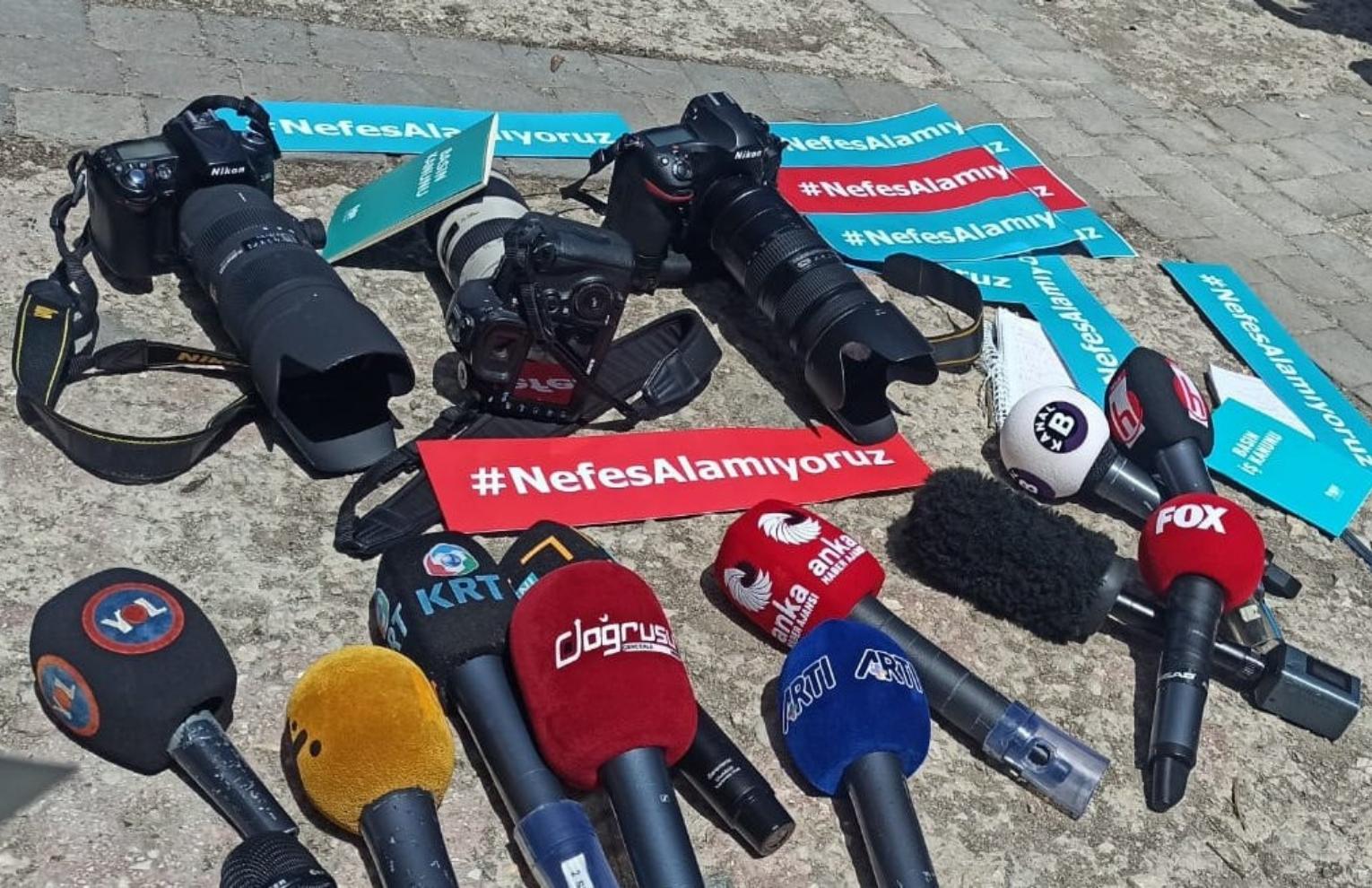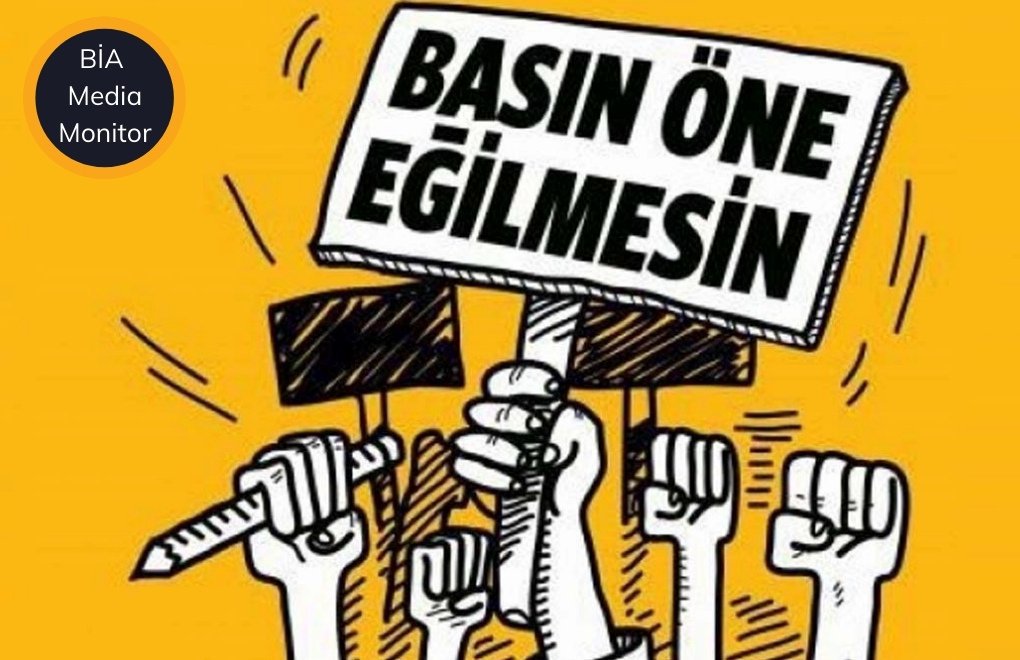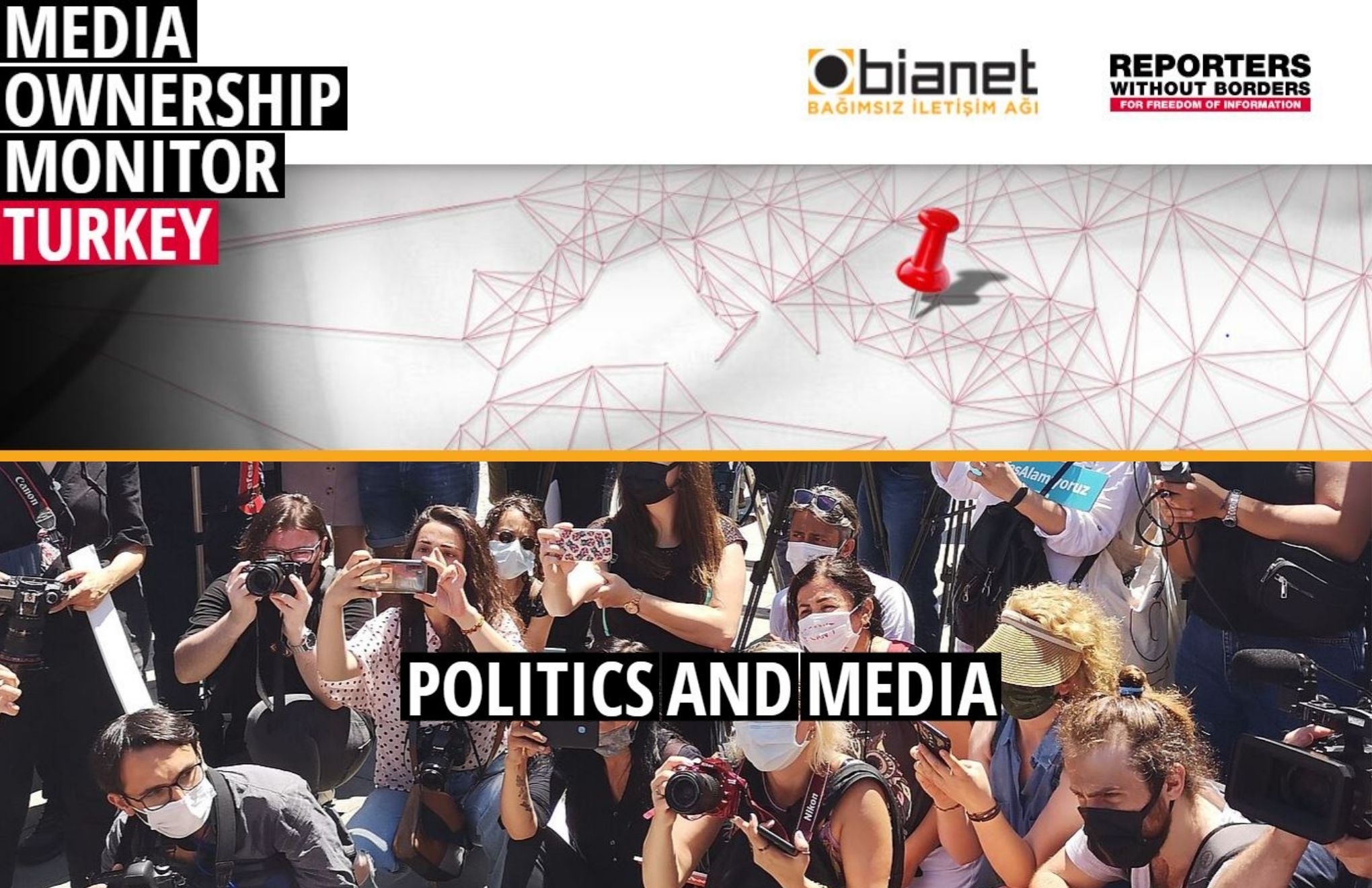Click to read the article in Turkish / Kurdish
The IPS Communication Foundation/bianet has completed the 2018 updates on the Media Ownership Monitor (MOM) project which it runs with the Reporters Without Borders (RSF) Germany branch Reporter Ohne Grenzen.
Aiming to shed a light on the risks concerning the media plurality that arise when one group dominates media ownership, the first leg of the MOM Turkey project was conducted between July 2016 - October 2016 and shared with the public on October 27, 2016.
CLICK - BİA Media Monitoring 2019 First Quarterly Report
Largest media organizations
The update encompasses the period between October 2018 - March 2019. In the study, the top ten newspapers, radios, TV channels and news portals were listed according to their follower shares.
Newspapers: Sabah (Kalyon), Hürriyet (Demirören), Sözcü (Estetik), Posta (Demirören), Milliyet (Demirören), Türkiye (İhlas), Yeni Şafak (Albayrak), Takvim (Kalyon), Güneş (Türk Medya), Akşam (Türk Medya).
Radio channels: Kral Fm (Doğuş), TRT (Devlet), Radyo 7 (Hayat Görsel Yayıncılık), Show Radyo (Show Radyo Yayıncılığı), Radyo 1 (Devlet), A haber Radyo (Turkuvaz), Radyo D (Demirören), NTV Radyo (Doğuş), CNN Türk Radyo (Demirören), TGRT FM (İhlas).
TV channels: ATV (Kalyon), FOX TV (Fox Yayıncılık), Show TV (Ciner), Star TV (Doğuş), Kanal D (Demirören), TRT 1 (Devlet), Kanal 7 (Hayat Görsel Yayıncılık), A Haber (Kalyon), NTV (Doğuş), CNNTÜRK (Demirören).
News portals: sabah.com.tr (Kalyon), haberturk.com (Ciner), haber7.com (Hayat Görsel Yayıncılık), sozcu.com.tr (Estetik), ntv.com.tr (Doğuş), memurlar.net (MN Yazılım), ahaber.com.tr (Kalyon), takvim.com.tr (Kalyon), bloomberght.com (Ciner), cumhuriyet.com.tr (Yeni Gün Haber Ajansı).
Data sources
The study used September 2018 data by the Press Advertise Institution (BİK), newspaper circulation figures by medyatava.com, October 2018 figures by the Television Audience Research (TIAK), October 2018 figures by the National Radio Broadcasters Association (URYAD), and October 2018 data by Gemius Turkey.
The MOM online database displays media concentration and ownership for the most popular 40 national media organizations. Along with examining the individual profiles of the most powerful media owners, the MOM also analyzes the media companies' relations with economic and political power holders.
In the World Press Freedom Index announced by the RSF, Turkey dropped to 157th place. In 2016 and 2017, it ranked 151th and 155th respectively.
The MOM 2018 update also points to the political pressure, the mechanisms and the audits that are practiced irregularly and caused this drop in the ranking.
21 male, 3 female company owners
Six of the companies (Doğuş, Demirören, Albayrak, Ciner, Kalyon, İhlas) that own 40 largest media organizations do business in the sectors of construction, energy, mining and tourism. These holdings make contracts with the state in the other sectors they are active in and enter into tenders that are open to the public.
As for the female company owners, Meltem Oktay is in Demirören Group, Deniz Şahenk and Filiz Şahenk are in Doğuş Group.
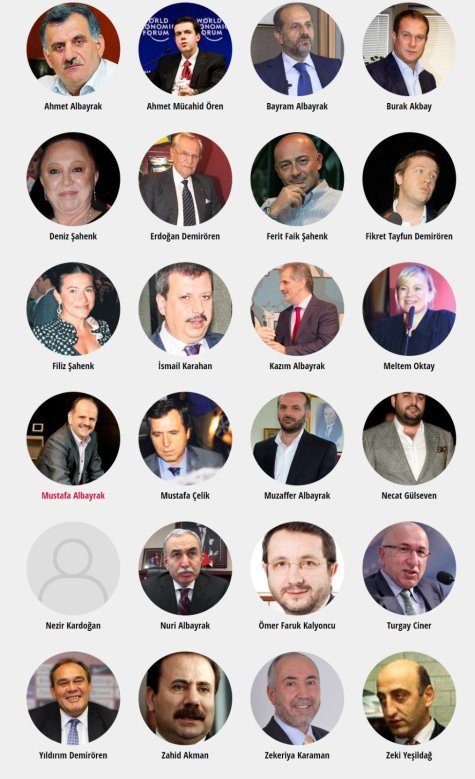
No transparency, no access to data
Upon our application regarding their financial data, companies such as Demirören Group, Kalyon Group, Estetik, Türk Medya (former ES Medya), Hayat Görsel Yayıncılık, Albayrak Group, and MN Yazılım stated that these data is not open to the public and did not share the data with us.
The Press Advertising Institution also did not announce how much money it paid to the newspapers last year for public announcements and public advertising on the ground that the figures being a commercial secret.
According to the report that Demirören Group published on the Hürriyet Kurumsal, hurriyet.com.tr was the leading digital media organization in 2018. But the group does not share this data transparently with any research company. For this reason, hurriyet.com.tr., milliyet.com.tr, posta.com.tr and gazetevatan.com are not listed in the media organizations that the MOM Turkey examined in 2018.
Sellings, shutdowns and political relations
The conclusion the MOM 2018 reached is the same with 2016: In Turkey, apart from a few exceptions, media owners have a close relationship with President Recep Tayyip Erdoğan.
After the sell of the Doğan Group's media assets to Demirören Group, the number of the media owners who are in political relations with the government increased.
The ES Medya, owned by Ethem Sancak who also owns the BMC which produces armored personnel carrier for the Turkish Armed Forces (TSK) and TOMA crowd control vehicles for the General Directorate of Security, was sold to Zeki Yeşildağ, whose brother Hasan Yeşildağ has close relations to Erdoğan, and changed its name to Türk Media Group (T Media Investment Industry and Trace Inc.).
The Ciner Group shut down the Habertürk newspaper in July 2018; continues the haberturk.com.
The Demirören Group shut down the Vatan newspaper. The Vatan became a weekend supplement for the Milliyet and continues digital publishing on gazetevatan.com.
Apart from the Sözcü newspaper owned by Burak Akbay, nine newspapers in the top ten list belong to the groups that are close to the ruling Justice and Development Party (AKP): Hürriyet, Posta, Milliyet (Demirören), Sabah ve Takvim (Turkuvaz/Kalyon), Akşam, Güneş (Türk Medya). Yeni Şafak (Albayrak), Türkiye (İhlas).
Owners of the nine out of the ten most watched TV channels and seven out of ten most read news portals, excluding the Demirören Group's digital media portals, are in relations with the government.
Political relations of other media organizations can be found on the MOM project website.
In the MOM 2016 research, the Doğn Group was excluded from the groups that are directly in relations with the government. According to the MOM 2018 update, it is possible to say that the government is totally in control of the media after the Doğan Group pulling out of the sector and selling its media assets to the Demirören Group.
Forty-five percent of the TV audience watches channels that belong to the capital owners who are close to the government. This figure is 73 percent for the online news portals (when the Demirören Group excluded), 52 percent among the printed media readers, and 42 percent among the radio audience.
Digital media and political audit
According to the Freedom House report on internet freedom in October 2018, Turkey is among the "not free" countries with 66 points in the 65-country list. (According to the scoring system, the freest country takes zero points and the least free country takes 100 points).
According to Twitter's Transparency Report (January-June), Turkey made 73 percent of the total requests for removing content. Twitter suspended 527 accounts, with 425 of them being in Turkey. Among the 2,656 tweets that Twitter blocked access to, 1,464 were blocked upon requests by Turkey.
Access to Wikipedia was blocked on April 29, 2017, without an official statement. After a while, the Ankara 1st Penal Court of First Instance announced that access to Wikipedia was banned to block access to the articles titled, "Foreign Intervention in the Syrian Civil War," and "State-Sponsored Terrorism." As of May 2019, access to Wikipedia is still blocked in Turkey.
In March 2018, the parliament approved a bill that gives the Radio and Television Supreme Council (RTÜK) the authority to regulate online content. The RTÜK will be able to use this authority on not only digital broadcast platforms such as Netflix, Blu TV, but also on international platforms that broadcast online.
Radio and Television Supreme Council (RTÜK)
Radio and Television Supreme Council (RTÜK) was founded as per the "Law on Establishment of Radio and Television Enterprises and Broadcasts" in 1994. Among the responsibilities of the council are adopting regulation for broadcasting, issuing licenses and monitoring the broadcasters.
In 2018, RTÜK temporarily stopped broadcasts of 67 TV programmes, imposed 85 fines and one warning to TV networks.
5 radio programmes were temporarily stopped and one fine was imposed. The RTÜK gave 11,951,153 TRY of fines in total.
Advertising investments
According to the March 2019 report by the Advertisers Association, the total media and advertising investments increased by 2.9 percent in comparison with the previous year and reached 2,272 million dollars. In 2018, the television sector had the highest advertising revenue with 47 percent.
As for digital advertising, the fastest growing sector with 14.8 percent, it ranked second in advertising revenue with 28.9 percent.
Though newspapers have the second highest revenue after TVs, the data have shown that there has been a 19 percent decline in the sector. Taken together, newspapers and magazines have a share of 9.5 percent.
Though the figures for the year 2018 have not been announced yet, Hürriyet, Sabah and Posta newspapers are expected to be the top three newspapers in terms of their advertising revenues.
Cross-media ownership concentration
The top four owners of media in Turkey share approximately 71 percent of the cross-media audience in the country, which results in a high risk. They have investments in at least three media sectors.
Turkuvaz / Kalyon Group (30 percent) have investments in all four sectors. The second one is Ciner Group (15 percent), which has investments in only TV and online market after the Group closed its print media (Habertürk) in 2018. It has 15 percent of weighted audience share.
Although Demirören has investments in all four sectors, as it does not publicize the audience shares of its online news portals, MOM Turkey could not calculate the impact on the audience shares. Despite having no audience share data for its online news portal, Demirören Group became the third largest company in Turkey with a weighted audience share of 15 percent. The Doğuş Group is the fourth with the 11 percent of the audience share.
They are followed by Estetik Yayıncılık (Sözcü Daily and website - 10 percent), Hayat Görsel Yayıncılık (Kanal 7, Radyo 7, haber7.com - 10 percent),State owned TRT (9 percent) and Türk Medya (5 percent) in terms of the weighted audience shares.
Post-State of Emergency period
32 Decrees were declared under the State of Emergency on July 20, 2016, following the coup attempt on July 15, 2016. On July 19, 2018, the government ended the State of Emergency after seven three-month renewal. A total of 620 press credentials were canceled in the first two months of the State of Emergency as well as passports belonging to some journalists.
The decrees [668 (27.07.2016), 675 (29.10.2016), 677 (22.11.2016), 675 (29.10.2016), 670 (17.08.2016), 689 ( 29.04. 2017),693 (25.08.2017), 695 (24.12.2017) and 701(08.07.2018)] declared during the state of emergency brought the shutdowns of 6 news agencies, 41 radios, 38 TVs, 70 newspapers, 20 magazines, and 29 printing houses and distribution channels (in total 204 news agencies).
The decisions to shut down of 17 newspapers, 4 radios, 4 TV and a total of 25 media organizations under decrees were cancelled.
During the period of State of Emergency, 179 media agencies (53 newspapers, 34 TVs, 37 radio stations, 20 magazines and 6 news agencies) and 29 publishing houses in total were shut down.
Imprisoned journalists
In 2018, 123 journalists were behind bars due to their occupational and political activities. 47 of these imprisoned journalists were convicted while 34 of them were still on trial and 30 journalists were under investigation. 12 journalists were convicted and their verdicts were taken to the upper court. (BİA Media Monitoring Report 2018)
According to the data shared by the Reporters Without Borders for 2018, at least 80 journalists were either sentenced to prison or fines on charges of "terror propaganda" or "denigrating the Turkish nation, the Republic of Turkey and state organs" or "insulting the president."
In 2018, at least 20 journalists were sentenced to 38 years, 5 months and 4 days (6 years, 10 months, 12 days of which were deferred) in prison and fines of 35,000 TRY in total for criticizing or making allegations against President and ruling Justice and Development Party (AKP) Chair Recep Tayyip Erdoğan. (BİA Media Monitoring Report 2018)
Özgür Gundem daily was shut down by the government based on for allegedly conducting propaganda on behalf of the Kurdistan Workers Party (PKK) and acting as the organization's media organ. The police raided the newsroom, taking 22 employees into custody. Özgür Gündem's editor-in-chief and chief editor were arrested.
Özgür Gündem trials
The Editors-in-Chief on Watch campaign of Özgür Gündem began on May 3, 2016 and ended on August 7, 2016 in order to show support and solidarity and defend press freedom against oppressions and investigations. It was closed by the Statutory Decree No. 675 under State of Emergency.
The trials of the Özgür Gündem daily continue. Investigations have been launched against 50 of the 56 Editors-in-Chief on Watch who have participated in the solidarity campaign with Özgür Gündem. In 11 of these cases, the court has ordered not to prosecute and in 38 cases, a lawsuit was filed against them for "propagandizing for a terrorist organization". A total of 188 months, 15 days of imprisonment and a fine of 67 thousand TRY were issued. While four people were acquitted in these cases, Co-Director Truth, Justice and Memory Center Murat Çelikkan was sentenced to 1 year, 6 months in prison. After being imprisoned for 68 days, he has been released on probation. Journalist Ayşe Düzkan was also sentenced to 18 months in prison and, as of April 2019, she is currently in prison.
Reporters Without Borders (RSF) Representative to Turkey and BİA Media Monitoring Reporter Erol Önderoğlu, writer Ahmet Nesin and Human Rights Foundation of Turkey (TİHV) Chair Prof. Dr. Şebnem Korur-Fincancı also participated in the "Editors-in-Chief on Watch" campaign, then a lawsuit was filed against them for "propagandizing for a terrorist organization. They had 10-days pre-trial detention, then they have been released. Yet, the hearings are still continuing as of April 2019.
Trials of Cumhuriyet newspaper
On February 19, 2019, the 3rd Penal Chamber of the İstanbul Regional Court of Justice (court of appeal) upheld the verdict on Cumhuriyet newspaper's case on charges of "aiding an [illegal] organization as a non-member" and "being members of an [illegal] organization."
Accordingly, the ones sentenced to less than five years in prison were as follows: Kadri Gürsel, Güray Öz, Musa Kart, Mustafa Kemal Güngör, Emre İper, Önder Çelik, Bülent Utku, Hakan Kara. On April 25, 2019, Musa Kart, Emre İper, Önder Çelik, Mustafa Kemal Güngör, Hakan Kara and Güray Öz were again imprisoned for the execution of their sentences.
MOM project was realized with the financial support of Germany's Ministry for Economic Development and Cooperation.
MOM 2018 can be reached on the website of the project: https://turkey.mom-rsf.org/en/
MOM TEAM Nadire Mater, Chairperson – IPS Communication Foundation İlker Gökhan Şen (Legal Framework), Sinem Aydınlı - Translators (MOM 2018) |
(SA/EG/KU/VK/SD)




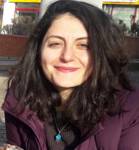
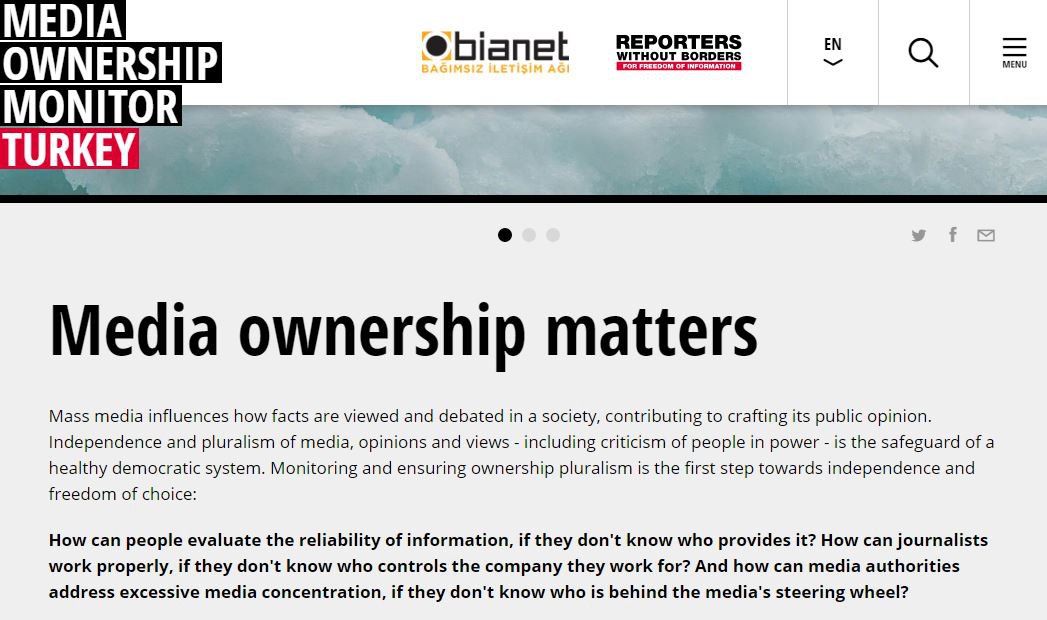
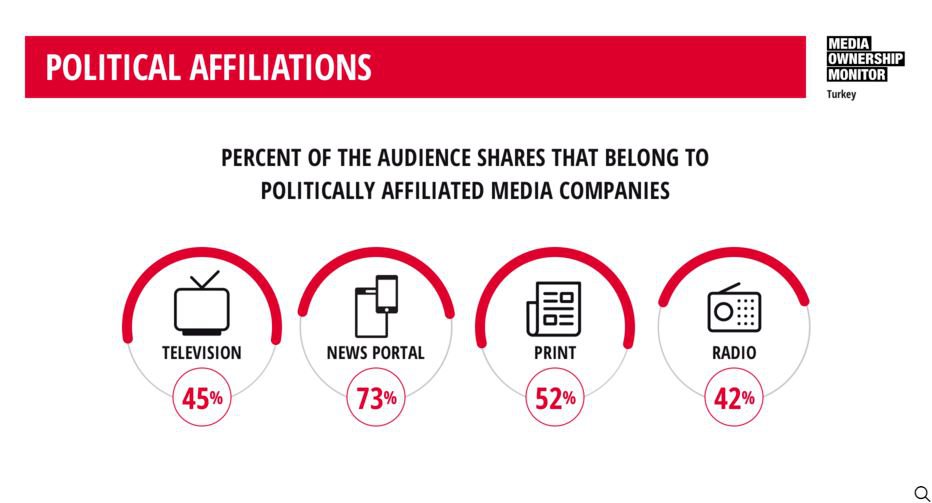




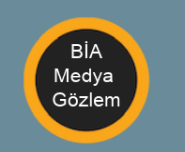
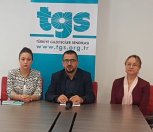

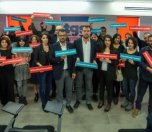
-132.jpg)
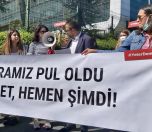
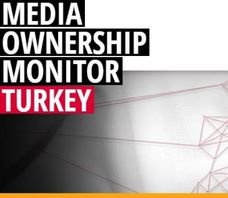

.jpg)
